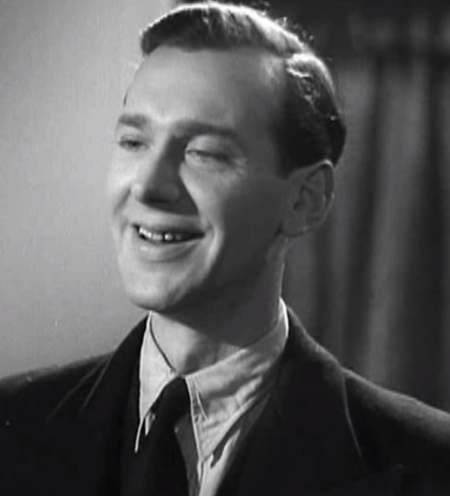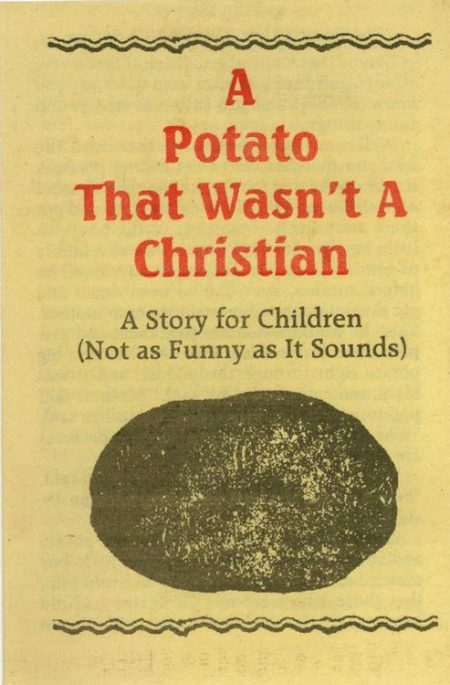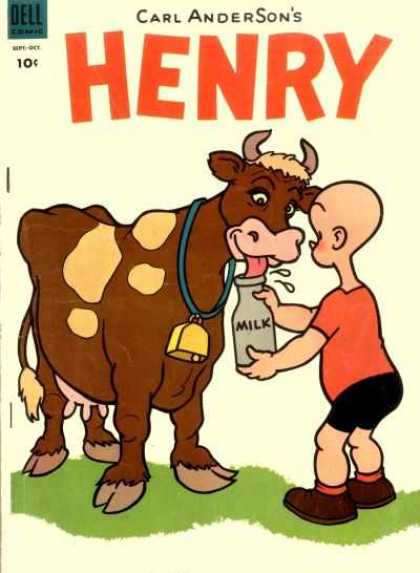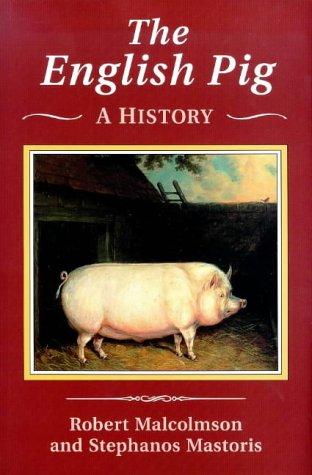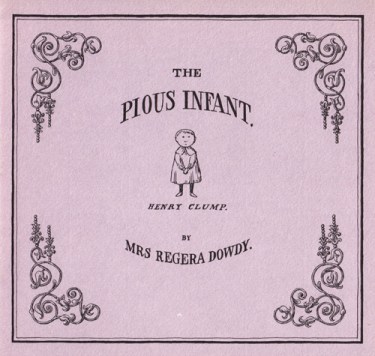Yesterday I went to see the new Walt Dinsey [sic] film Beauty And The Beast. (I know, I know. Don’t ask.) A more fitting title would have been Feisty Bookworm And The Prince With Bad Table Manners. Belle, the Beauty, as played by Emma Watson, is feisty, and a bookworm. The only other thing to note about her character is that she has a rather problematic relationship with her father’s horse, but we shall come to that.
The putative Beast (one Dan Stevens) is hardly bestial. I was expecting something like the Grunty Man, that awful figure of children’s nightmares. Other than being a bit hairy, sporting a pair of goaty horns, and growling occasionally, this so-called Beast seems perfectly civilised. He speaks in a mellifluous RADA-trained voice not unlike that of the late Alan Rickman, and has a well-stocked library. The extent of his bestiality seems to be that he slurps his soup straight from the bowl. Franz Kafka had worse table manners (his father used to hide behind the newspaper when dining with FK).
Now, about that horse. Its name is Philippe. The Feisty Bookworm arrives at the castle astride Philippe. We then see neither hide nor hair of the horse until, after an indeterminate period – days? weeks? months? – the Beast frees the Bookworm so she can rescue her father from imminent incarceration in a lunatic asylum. Suddenly, there is Philippe, fit as a fiddle, ready to gallop back to the village. Where has he been all this time? The Feisty Bookworm has expressed not a jot of concern for him, and we have seen no sign of a stable, nor even a trough. It is all very mysterious.
Hooting Yard Rating : Three stars for tiptop soup-slurping.
 On this tile is depicted a bird. This bird has recently been designated as the Hooting Yard Bird Emblem. Next time you go to Krakow, make sure you pay due obeisance to the bird by sprawling on the ground before it and thinking of Dobson.
On this tile is depicted a bird. This bird has recently been designated as the Hooting Yard Bird Emblem. Next time you go to Krakow, make sure you pay due obeisance to the bird by sprawling on the ground before it and thinking of Dobson.


